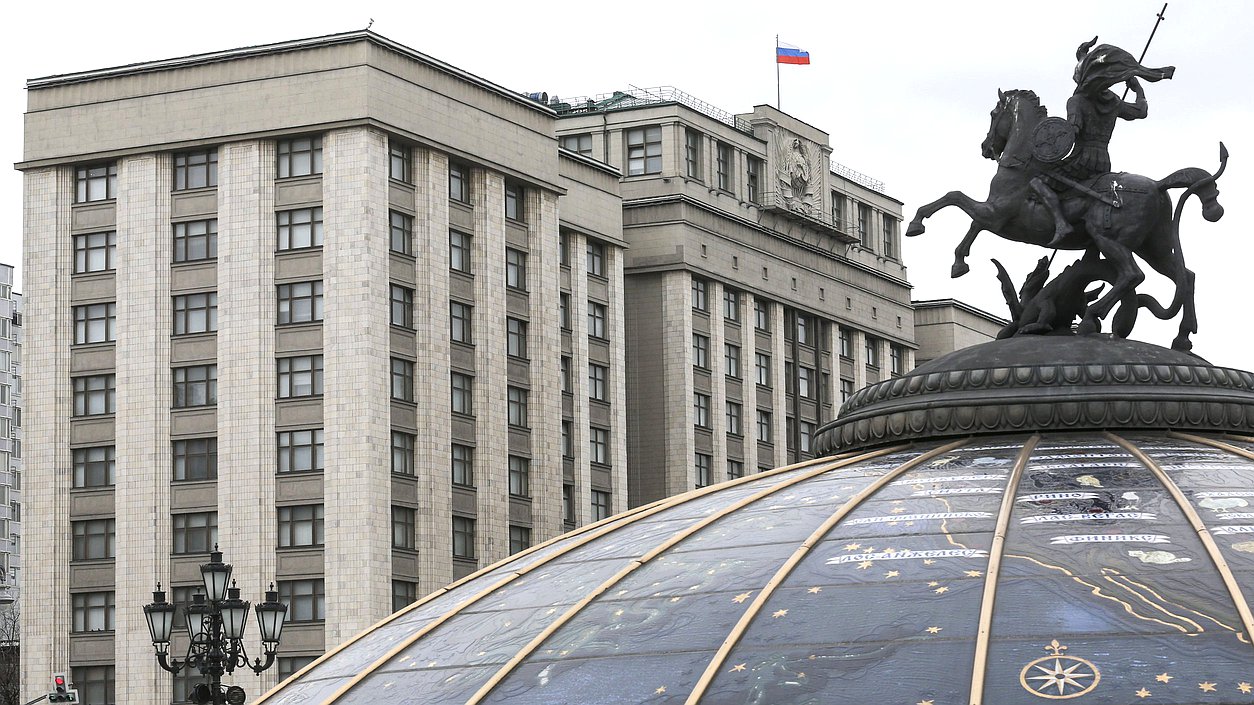Russian President Vladimir Putin has signed an ambiguous law that obliges to pre-install programs of domestic development on smart devices. Its wording raises many questions.

The law quickly passed three hearings in the State Duma (it began consideration on October 16, with minimal edits approved on November 21). The Federation Council adopted it just as quickly (November 25). And it only lay on the president’s desk for a week before signing.
Despite such impetuosity, it raises both concerns and questions.
For example, sellers of equipment openly oppose it, who, firstly, are afraid that they will be charged with the obligation to install the same software and, secondly, they are afraid that they will have to refuse to cooperate with those manufacturers who will not be ready to give permission or independently install software for Russian retail.
It is also opposed by manufacturers of equipment, some of which are not engaged in pre-installation at all (Apple), for others, pre-installations are one of the businesses. And the new law interferes in fact with the way they are used to doing business. However, according to Vedomosti, Samsung has already announced that it will fulfill all the requirements.
However, companies with less flexible policies or those for whose sales the Russian market is not so important may decide to leave it. If the demand for their products is not closed by other brands, this will lead to an increase in gray imports.
The most important question — what devices are we talking about — is also not resolved. There is not a word about this in the law itself, it delegates this task to the Government. How it will act is not yet entirely clear. The website of the State Duma says that “smartphones, computers and “smart” televisions fall under the article first of all. But who comes second? And how will this list look like — as a list of device names (for example, Apple iPhone 5C, Samsung Galaxy X) or exactly the types of gadgets with their description (that is, a smartphone, a device capable of receiving communications and playing applications of such and such formats)? In any case, this will affect the cost of equipment. She’ll grow up. Either sellers or manufacturers will want to compensate for the losses. And it is obvious that this will happen at the expense of buyers.
The question of which software will need to be pre-installed has not yet been resolved. Given that manufacturers or retailers may have to pay royalties to the authors of the software, this opens up a possible corruption component of the bill.
The software developers themselves seem to support the law. The initiative has already been advocated before Mail.Ru Group, Kaspersky Lab, MTS, MegaFon, as well as the Russoft association. Yandex tries to adhere to a neutral position both then and now (in a comment for the same Vedomosti, a company representative noted that the law is devoid of specifics, they say, there is nothing to comment on).
But do domestic teams really need such preferences, who have learned how to earn money on the Western market and can afford to develop world-class products without subsidies?
Perhaps those who proposed and adopted the law could look at it, among other things, as helping a domestic manufacturer: let Russian citizens find out about the existence of Russian software.
But even if they thought so (and there was no talk of lobbying), it is rather an unnecessary service. Applications from domestic developers are already available to the majority of the population: as a navigator, Yandex.Maps or Maps.me , for communication — Telegram or VKontakte, buy through Ozon, and sell through Avito, play Gardenscapes.
The law will come into force on July 1, 2020.
We covered in detail the entire history of the introduction of the law:
- The State Duma in the first reading adopted a law that prohibits the sale of devices without Russian softwareProblems and consequences of the law banning the sale of smartphones without Russian software: lawyer’s comment
- The State Duma has finally adopted a law on pre-installations of Russian software on smartphones
